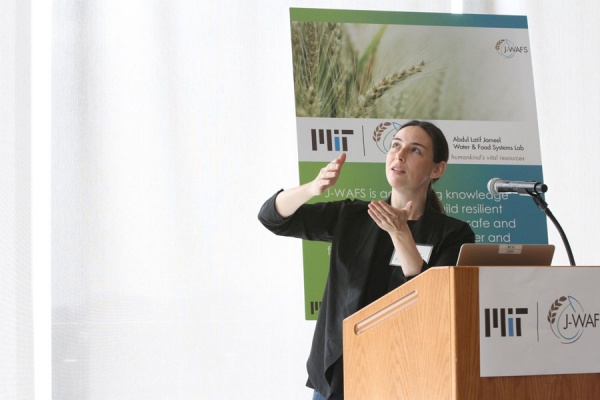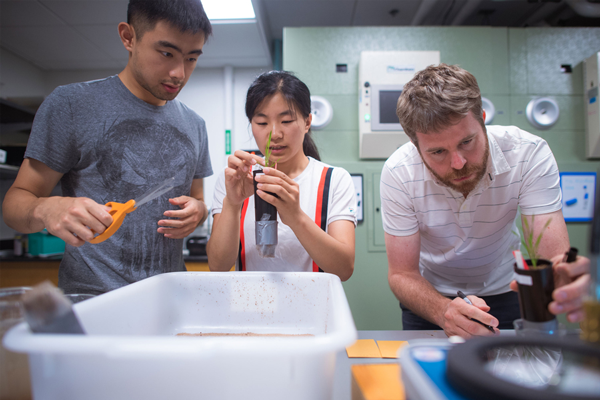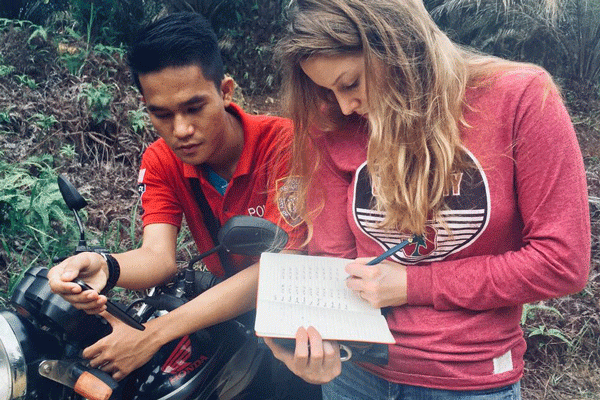Our Research Designing supply chain platforms for smallholders in Indonesia
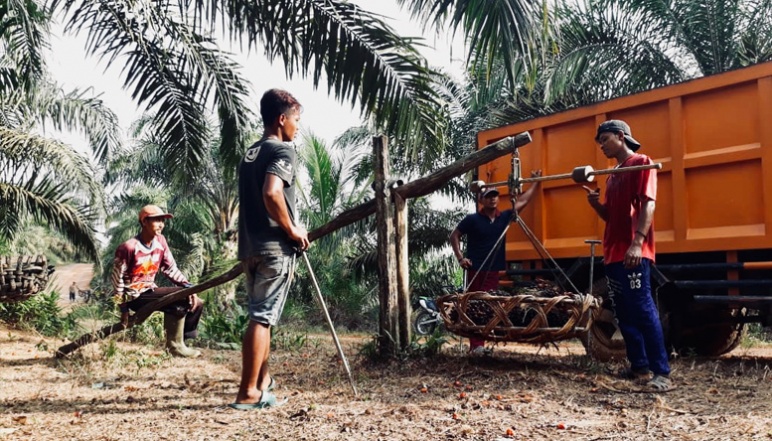
Photo credit: de Zegher Research team
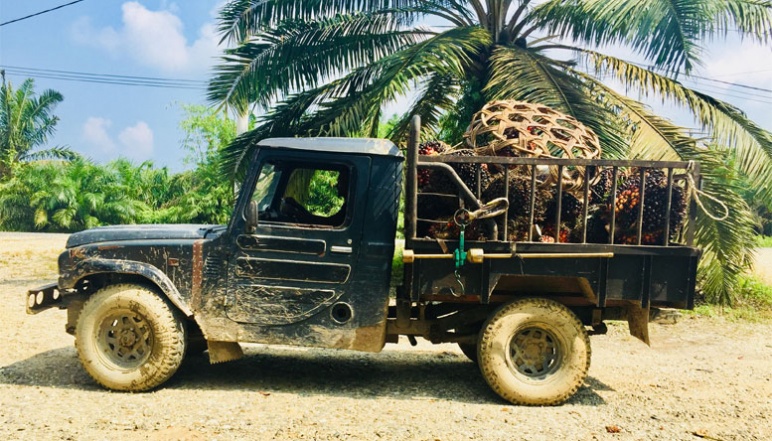
Photo credit: de Zegher Research team
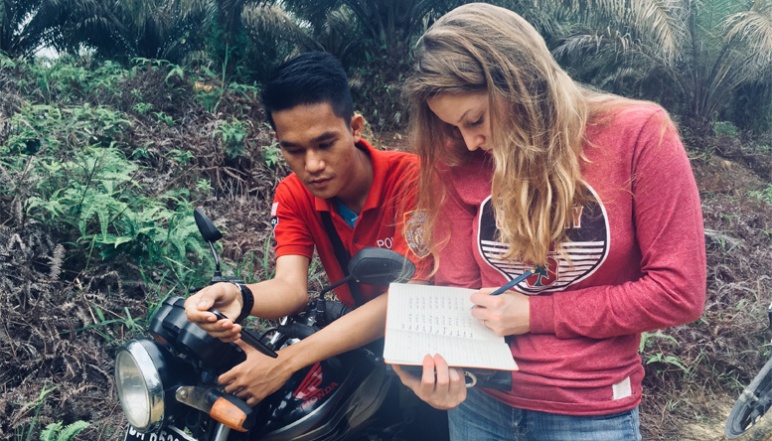
Photo credit: de Zegher Research team
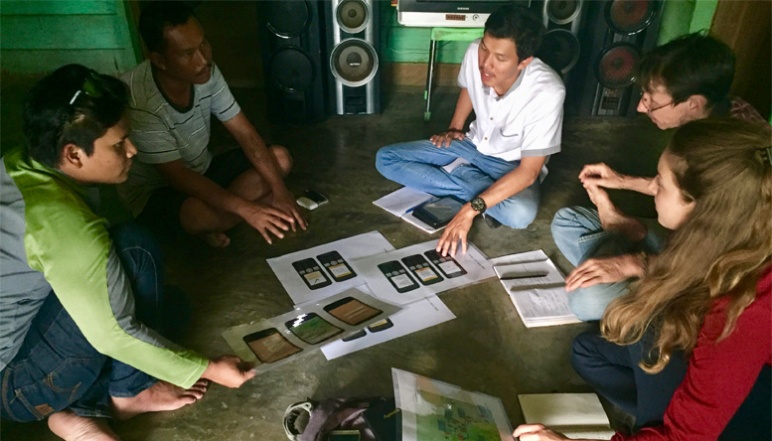
Photo credit: de Zegher Research team
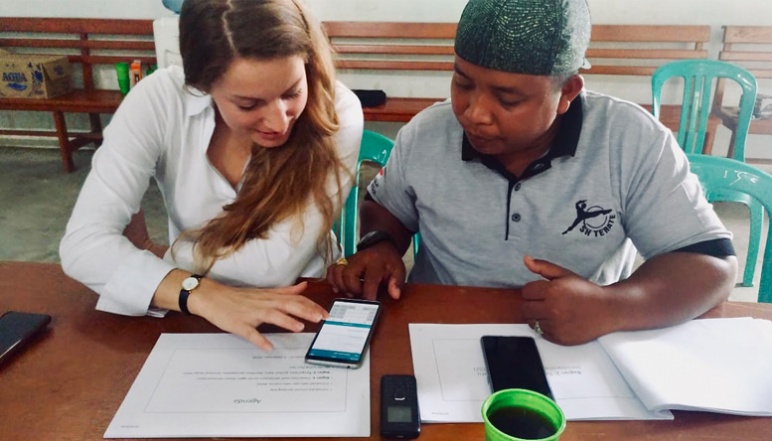
Photo credit: de Zegher Research team
Principal Investigator
Joann de Zegher
- Maurice F. Strong Career Development Professor
- Assistant Professor of Operations Management
- Sloan School of Management
Joann de Zegher is the Maurice F. Strong Career Development Professor and an Assistant Professor of Operations Management at MIT Sloan. She is affiliated with the Operations Management Group, the Operations Research Center and the Sustainability Initiative.
Her research examines the design of operational strategies, technological innovations and algorithms to advance social and environmental impact in informal, first-mile and global supply chains. Her most recent work focuses on improving the operations of informal supply chains. This includes developing innovative approaches to traceability in smallholder commodity supply chains, like palm oil, and mitigating forced labor in seafood supply chains.
Challenge:
How do we improve operational efficiency in smallholder supply chains and advance transparency at the same time? How do we design mobile-based platforms to deliver these benefits at scale?
Research Strategy
- Use large-scale field research to iteratively understand and analyze informal smallholder palm oil supply chains in rural Indonesia
- Quantify supply chain inefficiencies and design economic mechanisms to deliver operational improvements, using techniques from mathematical optimization and mechanism design
- Implement and assess how proposed mechanisms increase farmer welfare, middleman welfare and transparency at scale, through a real-life mobile-based platform
Project description
More than 50% of food calories consumed globally–and 70% of food calories consumed in developing countries–are supplied by over 475 million smallholder households in developing and emerging economies. These smallholder supply chains often operate through informal processes, which can lead to large economic inefficiencies and lack of transparency. The J-WAFS seed grant is supporting field experimentation and algorithm development for a novel approach to improving operational efficiency and transparency in such informal smallholder supply chains. The research team’s initial focus is on the palm oil industry in rural Indonesia.
Their approach uses a mobile-based technology developed for actors in informal smallholder supply chains. They combine action learning with mathematical optimization and mechanism design to develop algorithms that improve operational efficiency and that can be tested in the mobile platform using field experiments. Actors in the supply chain use the platform to improve their economic decision-making. In doing so, their transactions are automatically digitized, creating transparency as a by-product.
Outcomes
- Showed, through a theoretical model, that a novel, non-monetary mechanism can increase widespread and equitable access to market information in smallholder supply chains. A randomized controlled trial to test the effectiveness of the proposed mechanism in practice, based on a collaboration with a platform in Indonesia, will be implemented
- Found that a certain level of market information transparency can create value for all members in the supply chain, including smoother matching of supply and demand for buyers
- Developed a novel algorithm to create and enrich digital road networks for optimization in remote areas using GPS traces. A version of the algorithm will be open source, allowing for improved route optimization in the first mile of many food supply chains, where traditional maps such as Google Street Maps often do not capture the road network well
News
Additional Details
Impact Areas
- Food
- Climate & Sustainability
Research Themes
- Technology & Commercialization
- Economics, Policy, & Practices
- Transforming Food Systems
- Modeling & Data Analytics
- Equity & Access
Year Funded
- 2019
Grant Type
- Seed Grant
Status
- Completed

